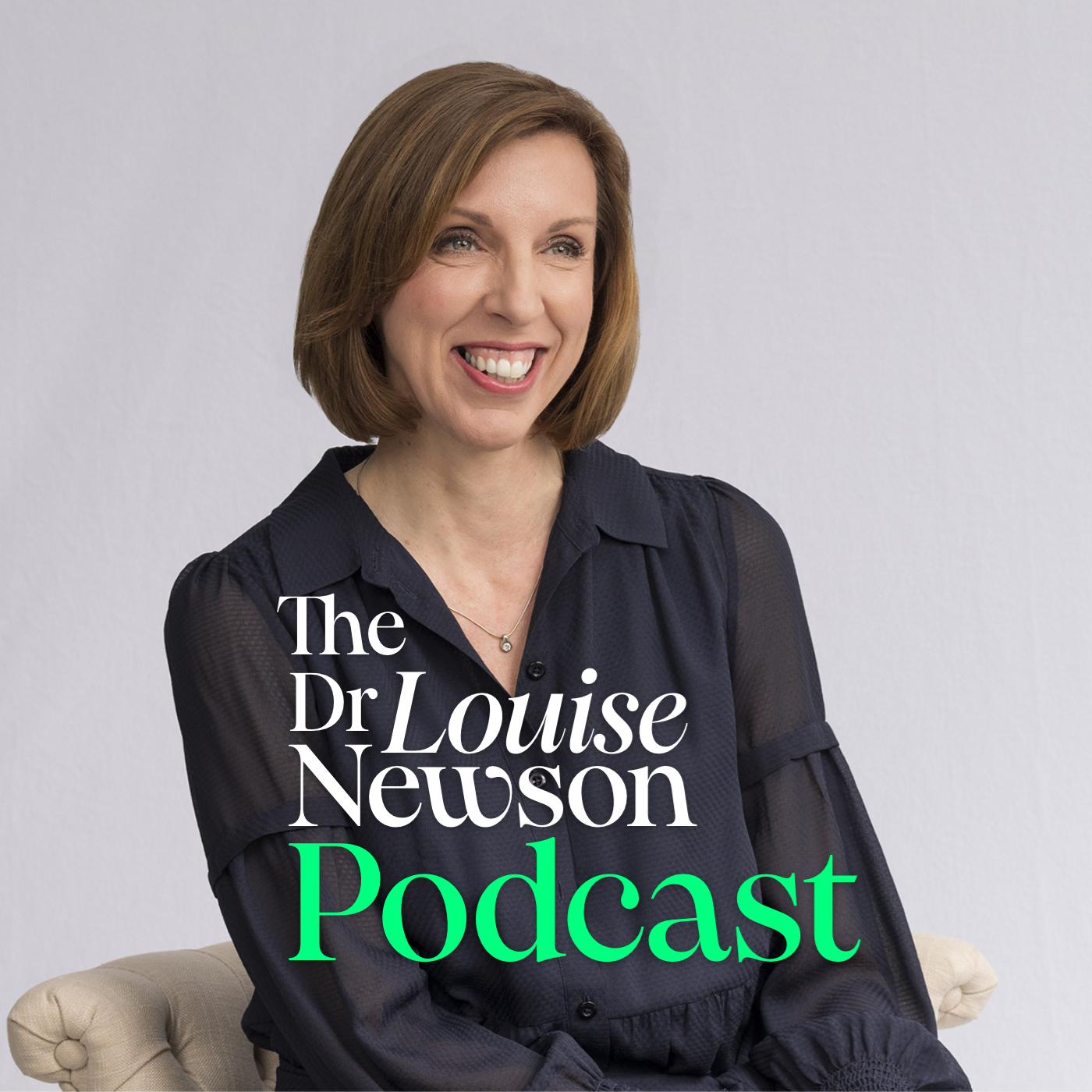
8.5M
Downloads
311
Episodes
Dr Louise Newson is an award-winning physician, respected women’s hormone specialist, educator, and author committed to increasing awareness and knowledge of perimenopause, menopause, and lifelong hormone health. Each week, Louise dives into the newest research, treatments and hot topic issues, providing accessible, evidence-based information to empower your future health. Joined by fellow experts and special guests, with answers to your burning questions, Louise explores how hormones impact every aspect of our lives. Described as the “medic who kickstarted the menopause revolution”, Louise aims to empower a generation of women to have a greater understanding, choice and control over their treatment, bodies, minds and future health through their hormones. She is the creator of the award-winning free balance app, a Sunday Times bestselling author and the founder of the Newson Health clinic. With over three decades of clinical experience, Louise is a member of the Royal College of Physicians, a Fellow of the Royal College of GPs, a Visiting Fellow at Cambridge, a regular contributor to academic journals including the Lancet and the British Journal of General Practice, and has been awarded an honorary Doctorate of Health from Bradford University. DISCLAIMER: The information provided in this podcast is for informational purposes only and is not intended as a substitute for professional medical advice, diagnosis, or treatment. Always seek the advice of your physician or other qualified health providers with any questions you may have regarding a medical condition. The views expressed by guests are their own and do not necessarily reflect the views of Dr Louise Newson or the Newson Health Group.
Episodes

Tuesday Dec 13, 2022
Tuesday Dec 13, 2022
This episode contains reference to suicide
Professor Jayashri Kulkarni is a psychiatrist working in Melbourne, Australia, specialising in women’s mental health and researching the role of estradiol in mental illnesses such as schizophrenia and depression. She founded and directs the Monash Alfred Psychiatry Research Centre, a large clinical research group in Melbourne. In 2022, Professor Kulkarni launched and directs HER Centre Australia – a Monash University Centre delivering Health, Education and Research in women’s mental health - dedicated to improving the quality of care for women with mental illnesses by developing specific treatments tailored to suit women’s needs.
In this episode, the experts discuss the different ways estradiol influences brain health and function, what this means for healthy brain aging and longevity, and they share some of their experiences when helping women with mental health changes during the perimenopause and menopause.
Prof. Kulkarni’s tips for women experiencing mental health changes:
- Trust your instinct – you know you best. If you think it might be hormones, help is available.
- Look at your background history. If you had premenstrual mood changes or postnatal depression in the past, this may mean you are particularly sensitive to hormonal changes.
- Early life trauma (e.g. neglect or emotional/physical/sexual abuse) can disrupt hormone signals and brain chemistry and this may make you more vulnerable to mental illness.
- Whatever your past history, there is help available in the form of HRT. See your local healthcare provider or a menopause specialist if needed.
You can find the Meno-D questionnaire here. This tool identifies the specific mood changes that are more typically present in perimenopause and menopause related depression.
For more information on Professor Kulkarni’s work and research, visit www.maprc.org.au

1 years ago
Wow what a meeting of minds. I’d love to see what you two wonderful ladies could come up with in conjunction with Dr Mary Clare Haver who is a board certified oby gyn menopause specialist in the USA
2 years ago
Excellent speaker, profound insight by both of you.